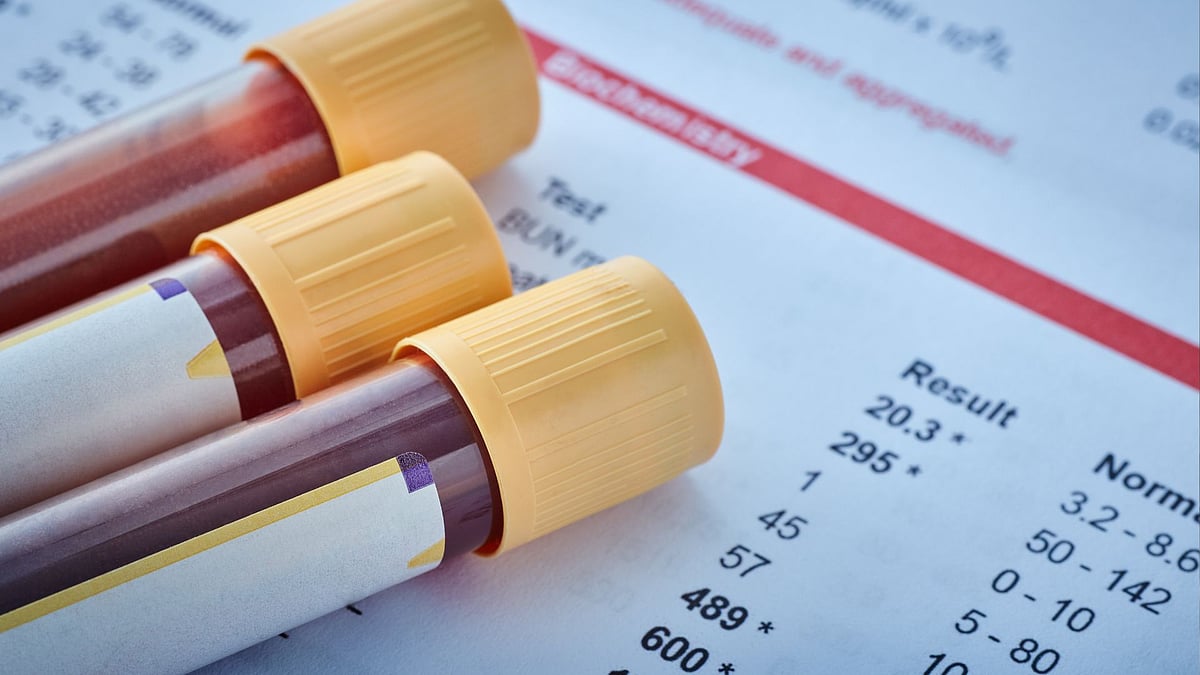Mumbai Doctor Succeeds In Kidney Transplant Of Woman With 'Bombay Blood Group': All You Need To Know About This Rare Blood Type
Unlike the common A, B, AB, and O blood types, individuals with the 'Bombay' blood group lack the H antigen, a fundamental building block for all other blood types

Jaslok Hospital & Research Centre has made history by successfully performing India’s first kidney transplant on a patient with the exceptionally rare “Bombay” blood group (hh). This rare blood type is found in approximately 1 in 10,000 individuals in India and only 1 in a million worldwide. The absence of the H antigen, even in O negative blood, makes finding compatible donors incredibly challenging.
Pooja, a 30-year-old woman, had been battling kidney failure due to diabetes since 2022. Initially misdiagnosed with an 'O' blood group at another hospital, her correct blood type-the rare 'Bombay' blood group was identified at Jaslok Hospital. This accurate diagnosis was crucial for her survival, as it directly influenced the compatibility required for a successful kidney transplant.
What is Bombay blood group?
The 'Bombay' blood group, also known as the hh blood type, is an extremely rare blood group first discovered in Bombay (now Mumbai), India, in 1952. Unlike the common A, B, AB, and O blood types, individuals with the 'Bombay' blood group lack the H antigen, a fundamental building block for all other blood types. This absence makes it unique and medically significant, especially when it comes to blood transfusions and organ transplants.
Why is it so rare?
The rarity of the 'Bombay' blood group can be credited to its genetic makeup. It is inherited in an autosomal recessive manner, meaning both parents must carry the rare gene variant for a child to inherit the hh blood type. Statistically, this results in only about 1 in 10,000 people in India and 1 in a million worldwide having this blood type.
Challenges in medical emergencies
One of the most critical challenges for individuals with the 'Bombay' blood group is finding compatible blood donors. Even O-negative blood, which is considered a universal donor for most people, is incompatible because it still contains the H antigen. This makes it difficult to manage blood transfusions during surgeries, accidents, or medical emergencies.
RECENT STORIES
-
-
-
-
-
